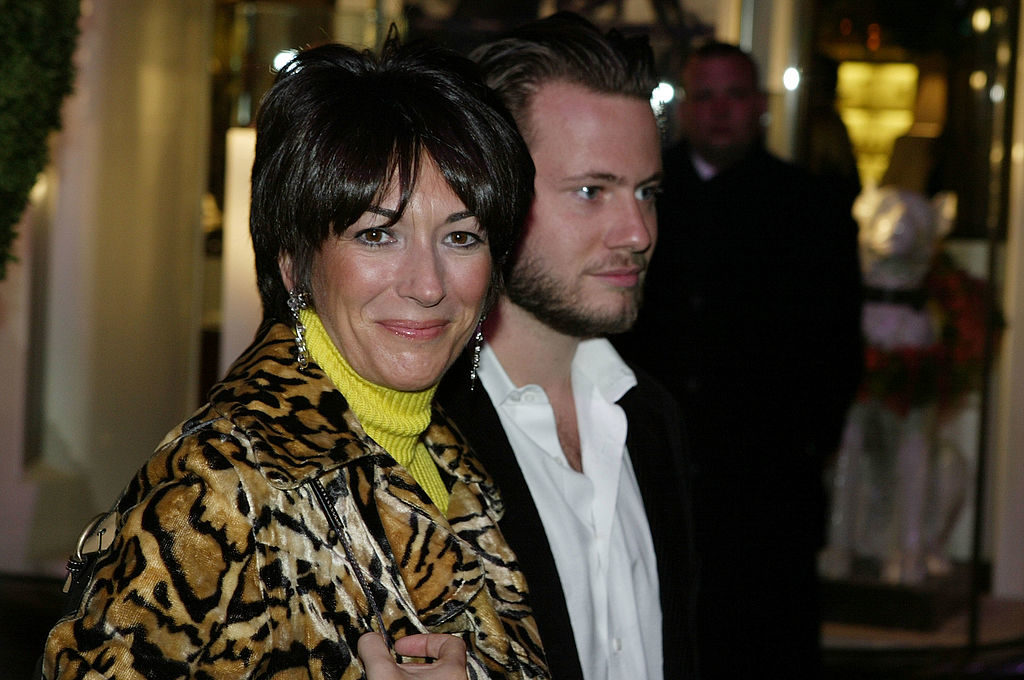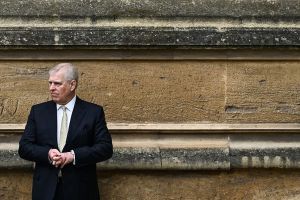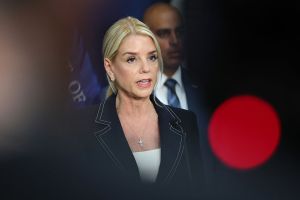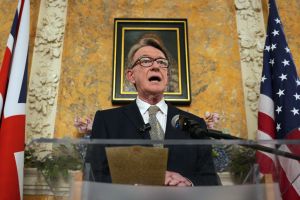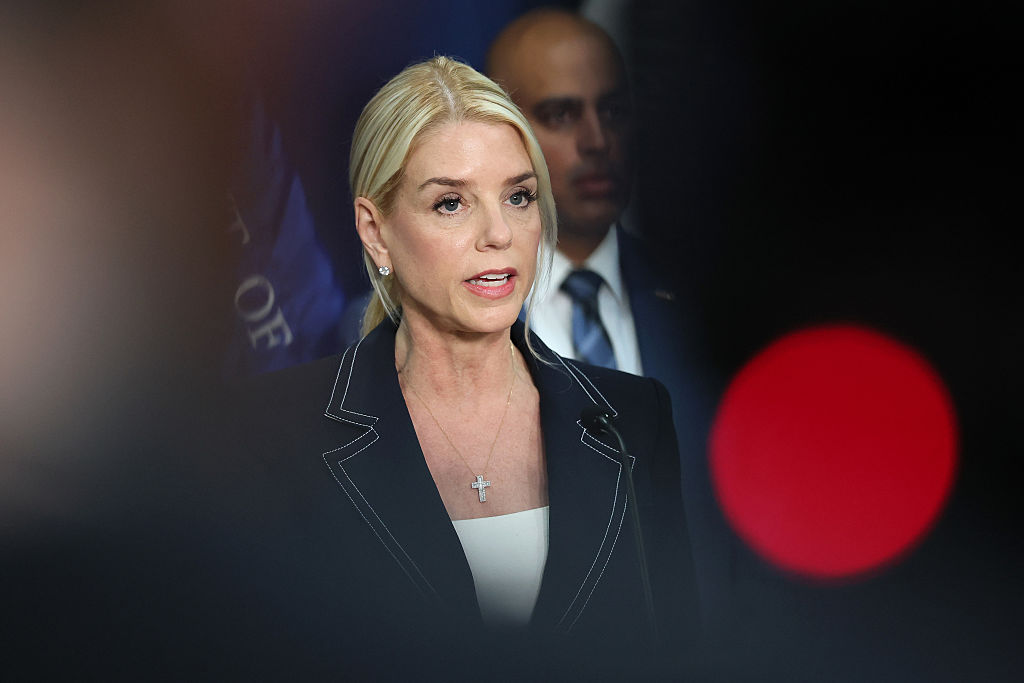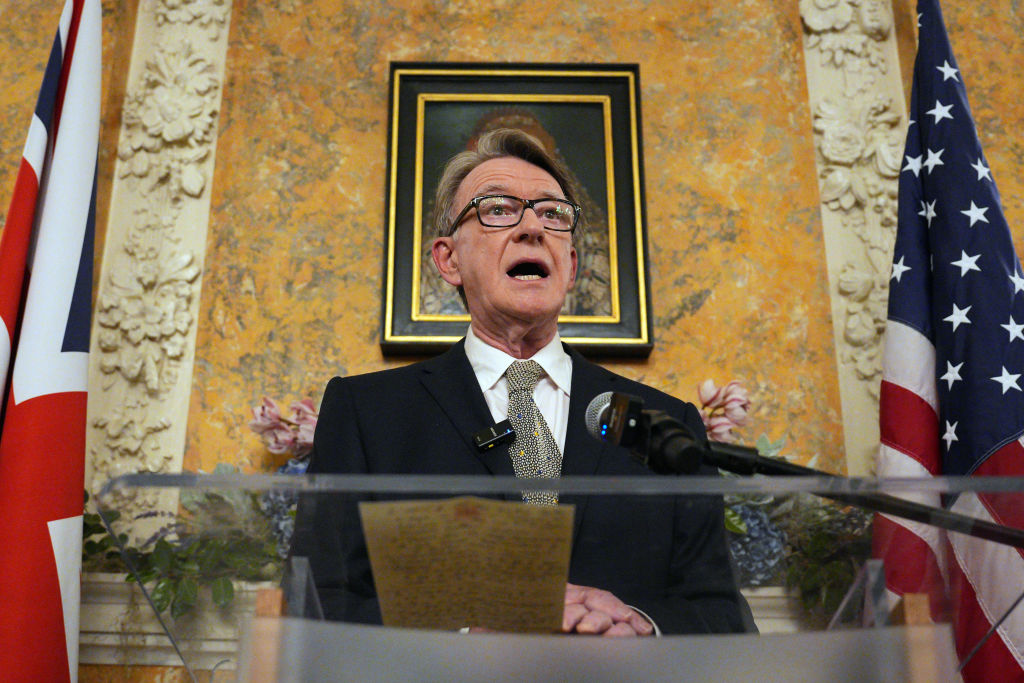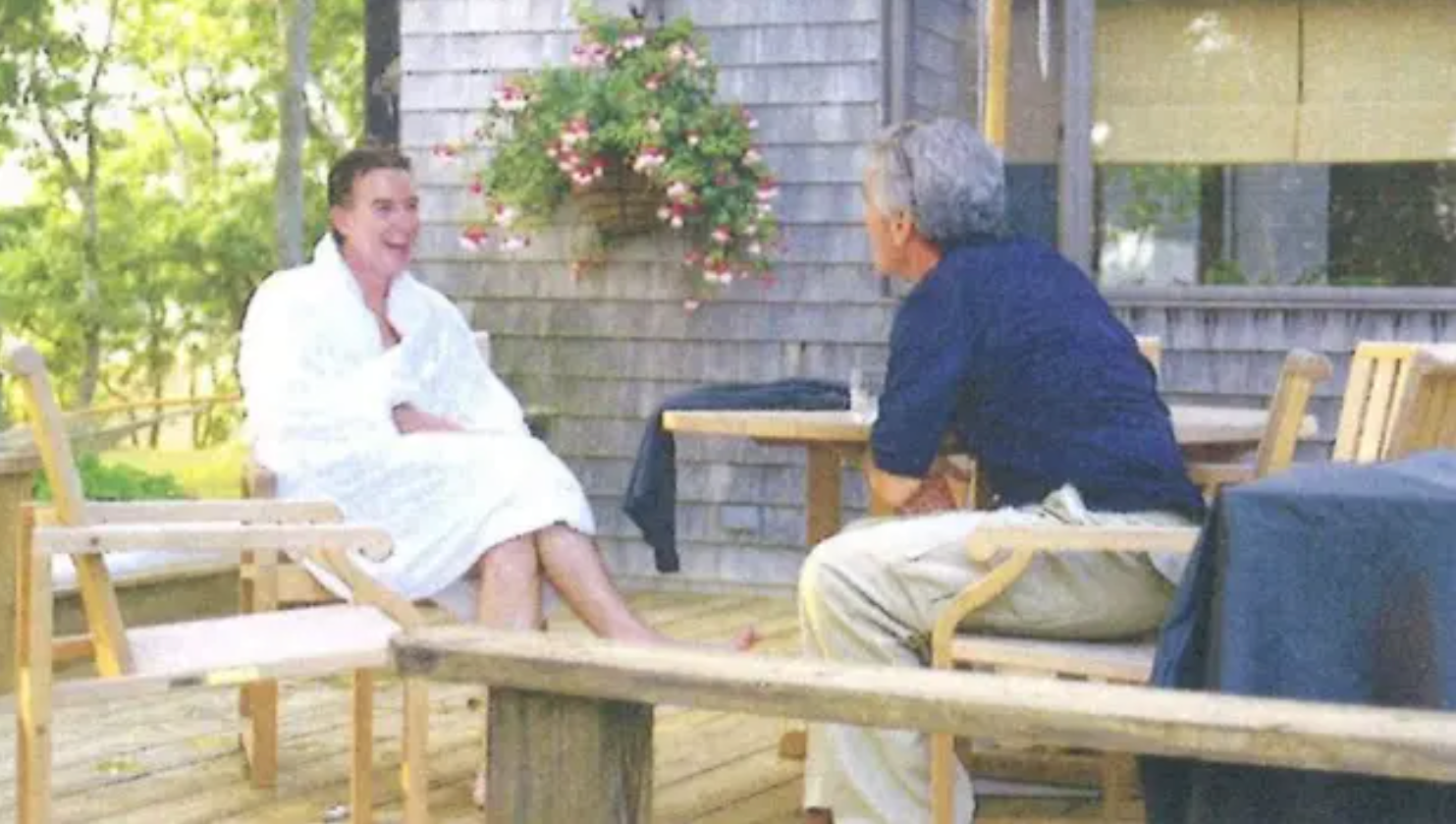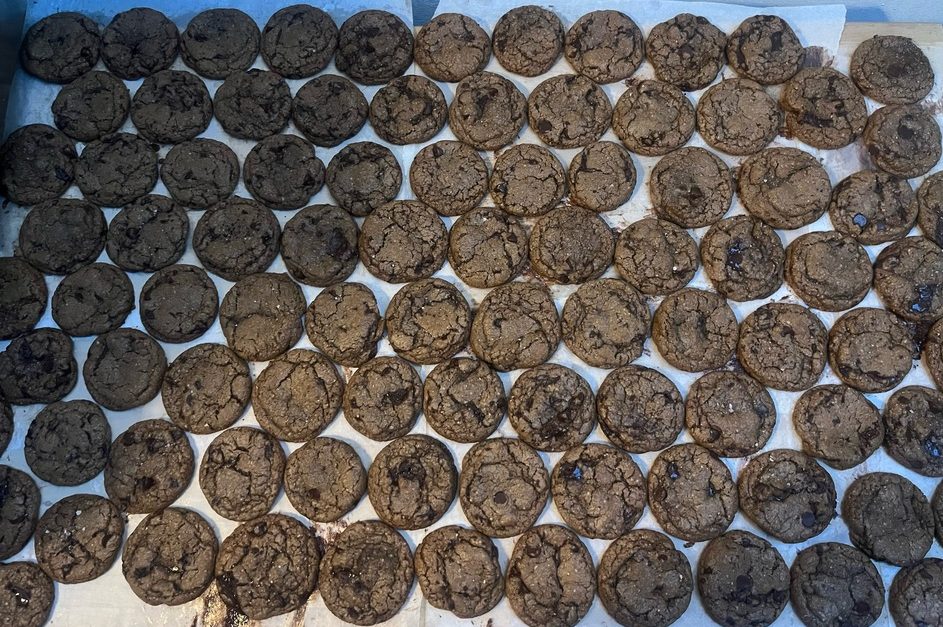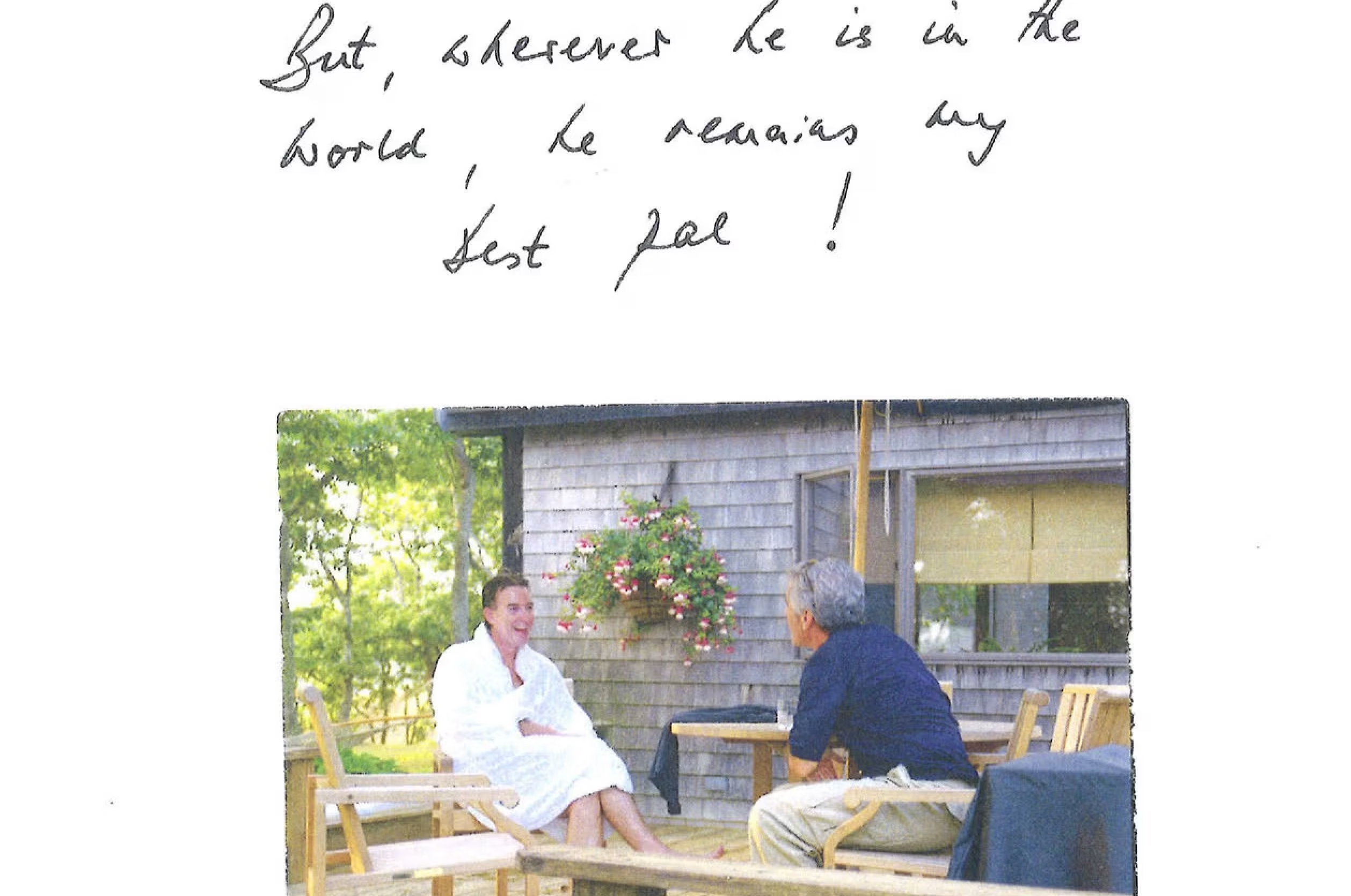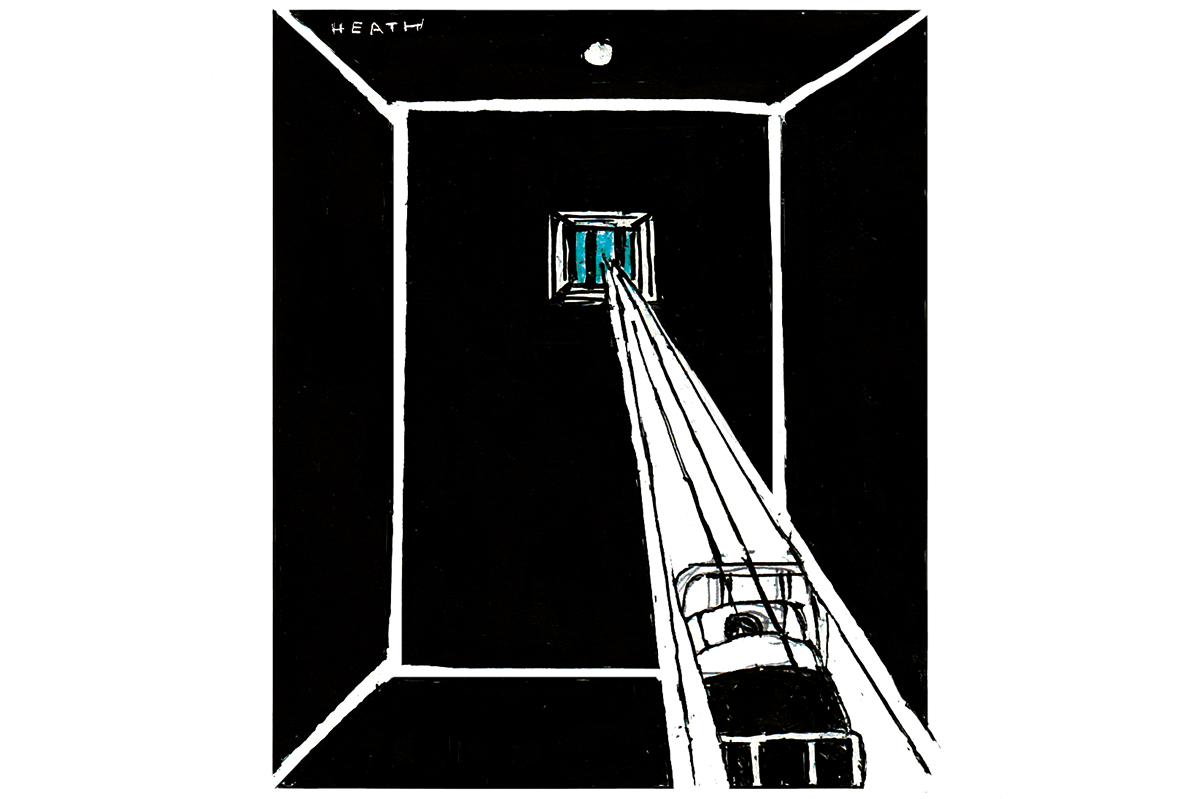One of the highest-profile human trafficking cases ever charged in the United States is underway in federal court in New York. Ghislaine Maxwell, an Oxford graduate and the youngest child of the late media mogul Robert Maxwell, stands accused of six counts of human trafficking and two counts of perjury. Her alleged co-conspirator Jeffrey Epstein died in his jail cell after committing suicide in 2019 following his arrest by the FBI.
Human trafficking is a $150 billion illegal global enterprise, second only to drug trafficking. Though the law has long outlawed sexual slavery, the George W. Bush administration began a vigorous attack on the systemic roots of human trafficking, newly empowered by the Trafficking Victims Protection Act of 2000.
Maxwell and Epstein are the most prominent defendants to be charged under the federal government’s renewed fight against sexual slavery. The government asserts that Epstein trafficked girls in both the US and Britain, where he and Maxwell owned homes. Because Epstein had a preference for adolescents, some of whom were as young as fourteen, Maxwell purportedly aided him by grooming the girls. The government also alleges Maxwell lied under oath in separate civil depositions regarding her role in the abuse and her knowledge of Epstein’s conduct.
The second superseding indictment paints a detailed picture of Maxwell’s critical role in entrapping young women. The government will present evidence at trial to show that Maxwell aided Epstein in abusing girls whom they both knew to be minors. Maxwell, whom the government claims was Epstein’s lover and property manager, lured girls under the pretense of friendship. She took them to movies, shopped with them, and urged the girls to accept Epstein’s money. The government claims that Maxwell used this open door to eventually normalize sexual conduct by undressing in front of the girls, watching while they disrobed, or asking them about explicit topics. Epstein’s behavior escalated from massages to sexual abuse. Prosecutors allege that Epstein and Maxwell also encouraged the girls to recruit other victims, granting Epstein access to an ongoing network of young girls. According to the government, Maxwell’s role as an adult woman who was present while Epstein abused the girls helped assuage any concern in the minds of impressionable youth that Epstein’s behavior was abnormal.
In pretrial proceedings, Maxwell challenged under the federal rules of evidence her co-conspirator’s statements, certain prejudicial allegation regarding her state of mind, and expert testimony on grooming.
Maxwell is pursuing a two-pronged defense at trial. First, her lawyers have portrayed her as a victim, the scapegoated lackey of Epstein and the other men who truly pulled the strings. Maxwell’s attorneys argue the government’s strategy is a sexist attack on the most prominent woman left holding the bag when Epstein committed suicide. As well, defense lawyers have attacked the minor victims as money-hungry girls whose memories and motives cannot be trusted. They claim the girls have been egged on by attorneys seeking large settlements.
Trial began yesterday before Judge Allison J. Nathan in Manhattan. The victims and Epstein’s former staff are listed as key trial witnesses for the government. Maxwell’s team has not yet announced her intentions to take the stand in her own defense. In an interesting anomaly, the Court has allowed victims and media representatives to formally intervene in the case to represent their own interests.
The Maxwell case has implicated the names of men at the highest levels of society and government, some of whom have evaded thus far the long arm of the law. According to the US Department of Justice, Maxwell operated a global slavery cartel because privileged men paid her well to prey on young women. The real question at the heart of this case will be whether every person who perpetuated this pyramid scheme of exploitation along with Maxwell and Epstein will be held accountable or whether the misuse of power will continue to cloud the full truth.
Rachel K. Paulose is a 1997 Yale Law School graduate and a former US attorney for the District of Minnesota.



